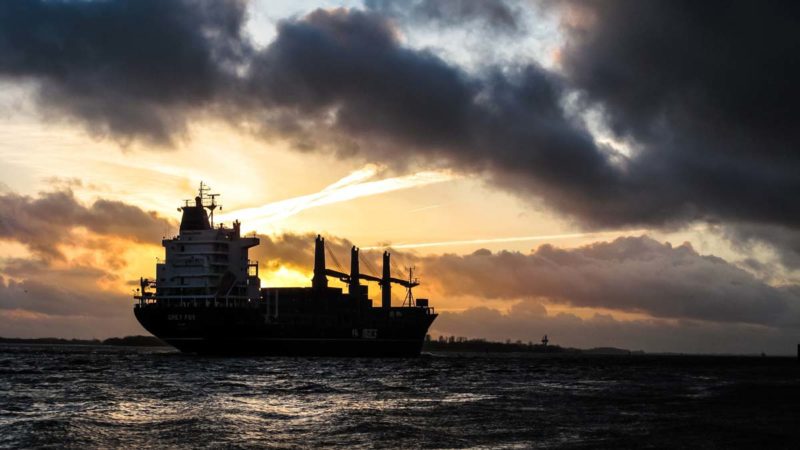South Korean automaker Hyundai has signed a Memorandum of Understanding with two other South Korean organisations designed at developing and commercialising hydrogen fuel cell systems for marine vessels.
It is the first strategic partnership that Hyundai Motor has signed involving its fuel cell system technology in the ship-building industry and is hoped to spearhead a new generation of hydrogen-powered seafaring vessels.
The partnership is designed to serve as a platform to identify and evaluate business opportunities for fuel cell-powered ships – as the global shipping sector seeks to decarbonise along with its land-based alternatives.
“This MOU signals Hyundai Motor’s entry into the fuel cell-powered marine vessel market, made possible through our cooperation with Hyundai Global Service and Korean Register,” said Saehoon Kim, Executive Vice President and Head of Fuel Cell Centre at Hyundai Motor Group.
“We hope our decades-long experience and capabilities in hydrogen fuel cell technologies, combined with the expertise of Hyundai Global Service and Korean Register in the maritime industry, will usher in a new era of greener and cleaner shipping.”
The global shipping sector – through the auspices of the International Maritime Organization (IMO) – adopted in 2018 an initial emissions reductions strategy to reduce carbon intensity by at least 40% below 2008 levels by 2030, and a 2050 goal of at least halving emissions from 2008 levels.
However, according to the Climate Action Tracker, the IMO is currently revising this strategy and is set to adopt a new, more ambitious target in 2023.
As part of the newly signed MoU, Hyundai Motor will supply its fuel cell systems and provide technical support, while Hyundai Global Service will manufacture and commercialise the fuel cell-based propulsion systems.
This will mean Korean Register is responsible for establishing standards for type approval – a necessary logistical hurdle for all fuel cell-propelled vessels if they are to be approved for commercial use.
The three organisations plan to develop a small-sized model by the second half of 2022, and in the mid- to long-term period will focus on hydrogen fuel cell propulsion systems for mid- to large-sized vessels.
Joshua S. Hill is a Melbourne-based journalist who has been writing about climate change, clean technology, and electric vehicles for over 15 years. He has been reporting on electric vehicles and clean technologies for Renew Economy and The Driven since 2012. His preferred mode of transport is his feet.


